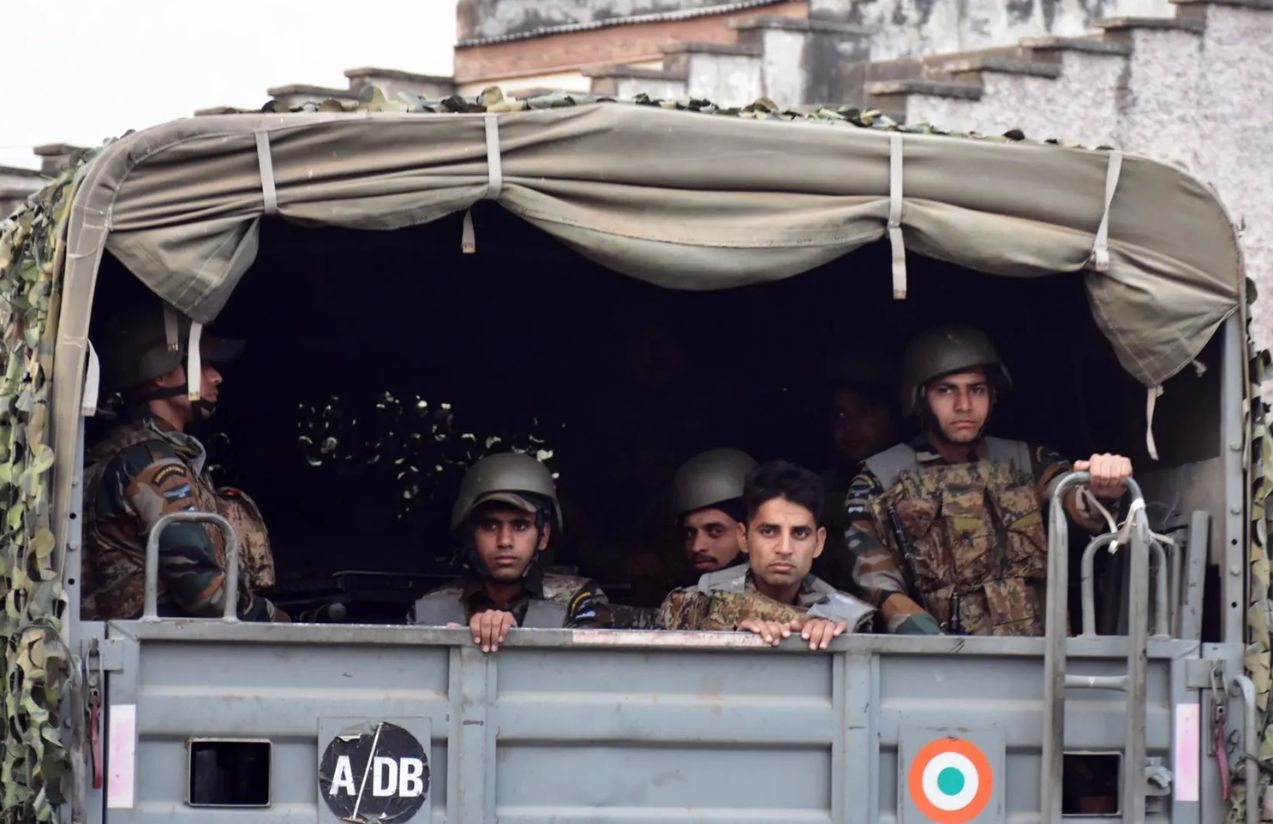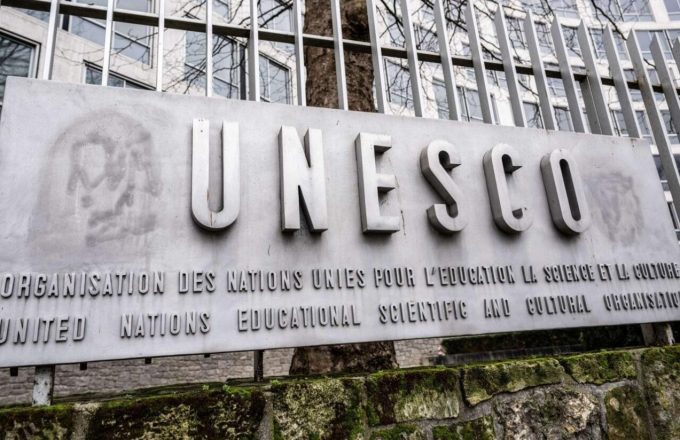India and Pakistan announced a ceasefire on Saturday following intense negotiations led by the United States to de-escalate the worst military confrontation between the two nuclear-armed neighbors in decades.
The agreement comes after weeks of missile and drone attacks along their shared border, triggered by a deadly shooting last month that killed 26 tourists. India blamed Pakistan for the attack, a claim Islamabad has strongly denied. Dozens of civilians have been killed on both sides.
U.S. President Donald Trump was the first to announce the ceasefire, posting on his social media platform Truth Social: “I’m pleased to announce that India and Pakistan have agreed to a complete and immediate ceasefire. Congratulations to both nations for showing common sense and great intelligence. Thank you for your attention to this matter!”
Pakistan’s Foreign Minister, Ishaq Dar, confirmed the agreement in an interview with Geo News, noting that Saudi Arabia and Turkey played key roles in facilitating the deal.
In New Delhi, India’s Foreign Secretary Vikram Misri reported that the military operations chiefs from both countries spoke on Saturday afternoon and agreed to halt all military actions by land, air, and sea. Orders to implement the agreement have been issued, and senior military leaders are scheduled to meet again on May 12.
The ceasefire brings a sudden halt to a sharp escalation in hostilities. India claimed it had bombed Pakistani air bases in retaliation for Pakistan’s early-morning missile strikes on military and civilian infrastructure in the Indian state of Punjab. Pakistan stated that it intercepted most of the missiles and responded with counterattacks on Indian targets.
In a press conference in New Delhi, the Indian military accused Pakistan of targeting schools and medical facilities near three air bases in Indian-administered Kashmir. “An appropriate response was given to Pakistan’s actions,” said Indian Colonel Sofiya Qureshi.
Pakistan’s military, meanwhile, reported using medium-range Fateh missiles to strike an Indian missile storage facility and air bases in the cities of Pathankot and Udhampur. Spokesperson Lieutenant General Ahmad Sharif stated that all assets of the Pakistan Air Force remained operational after the Indian attacks.
U.S. Secretary of State Marco Rubio said he and Vice President JD Vance had been in contact with senior officials from both countries over the past 48 hours, including Prime Ministers Narendra Modi and Shehbaz Sharif, as well as top military and diplomatic leaders. Rubio announced that both governments had agreed to begin formal negotiations on a broad range of issues at a neutral location.
Tensions had been mounting since the April 22 attack at a tourist site in Indian-controlled Kashmir, which killed 26 people, most of them Hindu Indian tourists. In the following days, both nations exchanged heavy fire and launched repeated attacks.
Pakistan said Indian missiles targeted Nur Khan Air Base in Rawalpindi, Murid Air Base in Chakwal, and Rafiqui Air Base in Jhang district of eastern Punjab province. There were no immediate reports of casualties from Rawalpindi, a densely populated city.
In Pakistan, the military’s retaliatory strikes were met with public celebration. “Thank God we finally responded to Indian aggression,” said Muhammad Ashraf, a resident out for breakfast in Lahore. Similar scenes of jubilation were reported in Peshawar and Karachi.
After the strikes, residents in Indian-administered Kashmir reported hearing loud explosions in cities such as Srinagar, Jammu, and Udhampur. “The explosions we’re hearing today are different from the drone attacks of the past two nights. It feels like war,” said Sheesh Paul Vaid, a former senior police official in Jammu.
Vaid noted that the blasts appeared concentrated in areas housing military installations. Near Srinagar Airport—which also serves as an air base—residents were shaken by the explosions and the roar of fighter jets overhead.




















